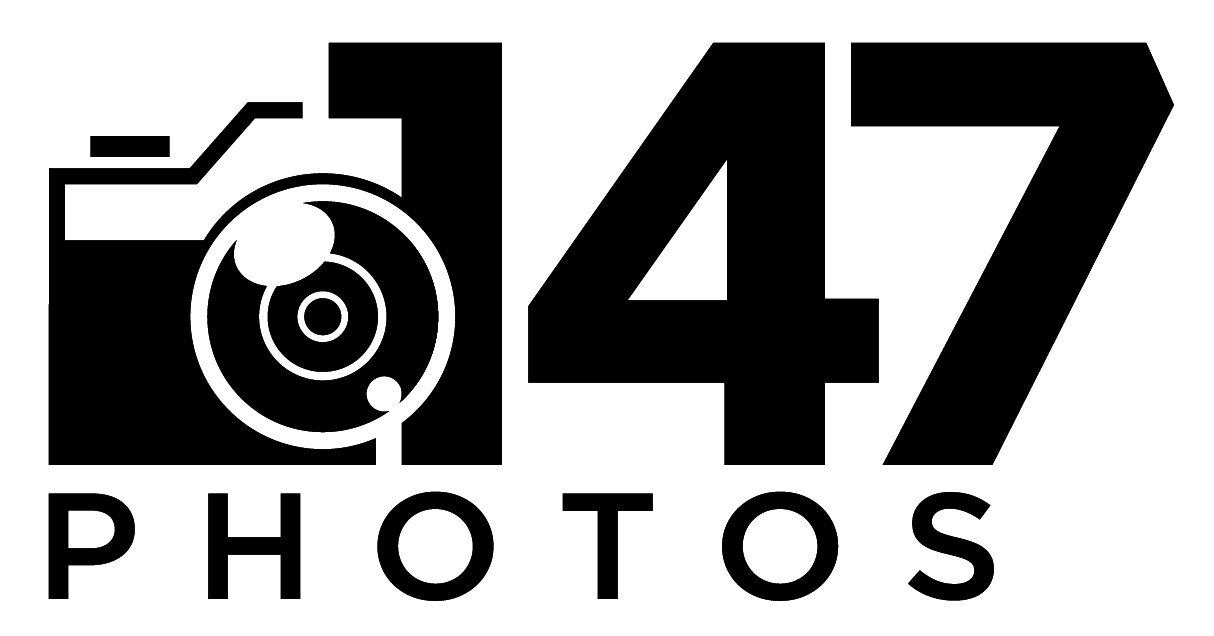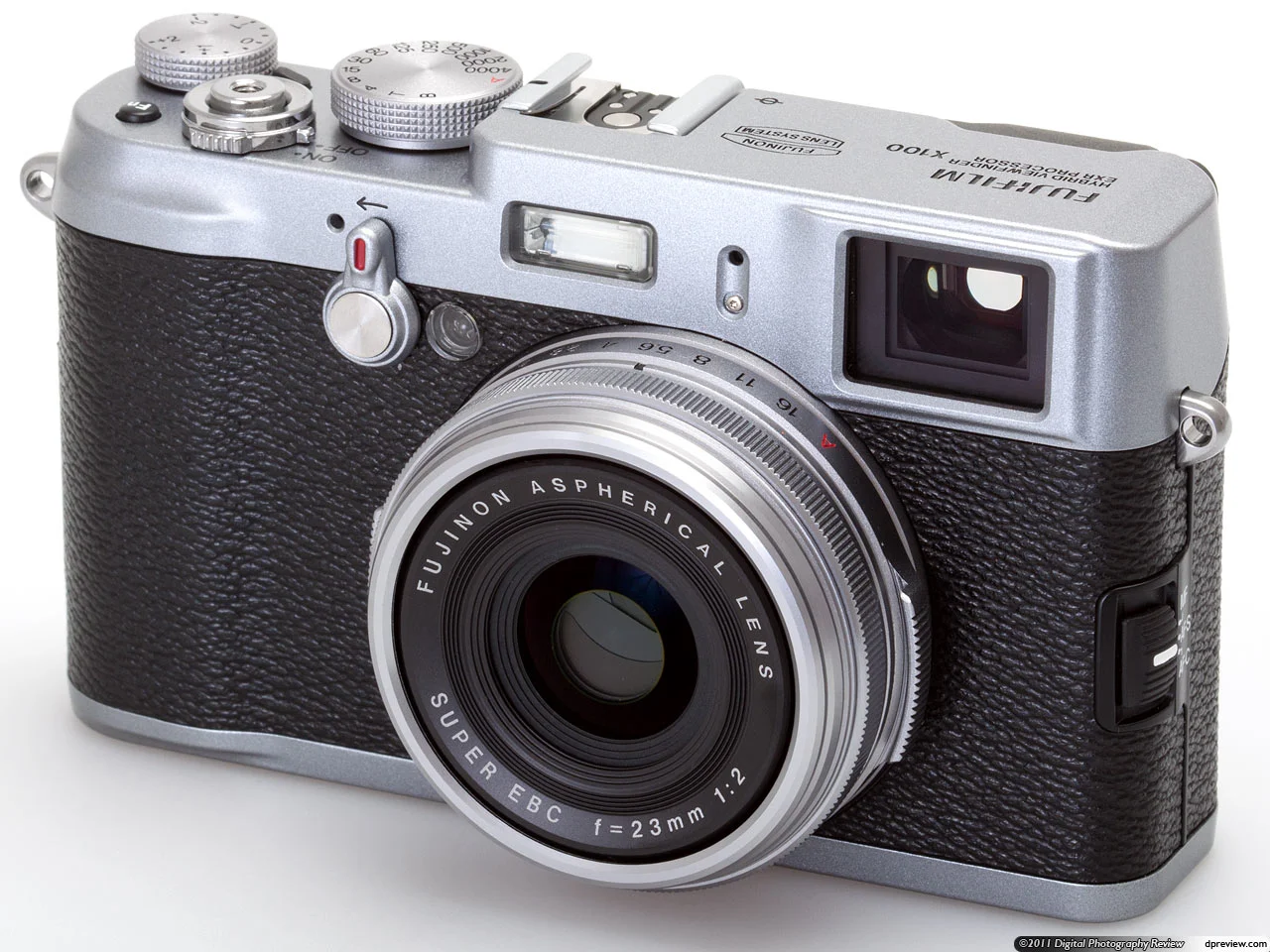You're a photographer, what camera should I buy?
I think it must be one of those things...
It's the 3rd time in the span of a month that one of my friends on Facebook asks (me personally or call out to the community) what point-and-shoot they should buy for around $400/500.
Now, what should you consider when buying a point and shoot?
1. Mind the megapixels
yes, it's important but not that important. Nowadays, it's difficult to buy a bad camera and all Point and Shoot Cameras (P&SC) will have above a 10mp sensor which is more than enough to print photos of Johnny's graduation at Costco.
And yes, P&SC have a better sensor than your iPhone and will take better photos most of the time.
Point and shoot cameras have good sensors with good enough megapixels but what differentiates your average P&SC to semi-pro ones -more on that later- is the size of the sensor. The bigger the sensor, the bigger the price.
2. what's the lens say?
OK, so for the most of us this is a real thing we have to worry about when buying a P&SC. Some cameras have fixed focal lenses and some have zooms.
Let's talk about terminology. Fixed lenses are lenses that only focus at a specific distance and zoom lenses can reach farther and closer.
Let's talk details. Fixed lenses are sharper than zoom lenses. period. You will take sharper, less shaky photos with a fixed lens and you can also zoom with them... given you can use your feet. Now, Fixed lenses have their limitations; namely what about if you cannot go close enough to your subject with your feet? Zoom lenses is the other side of that same coin. The pictures will be less sharp but the camera will be more versatile and you will be able to close in on hard to reach places easier.
Zooms have another problem though and something very important to take into consideration: optical v digital zooms. Most P&SC brand will brag about a zoom of X____ but it ends being a combination of optical AND digital, a big no no. Digital zooms decrease the quality of the photo you are taking. The only good zoom is the optical one.
3. features, schmeatures
In my opinion, buy simpler... There's no real need for all those extra features. how often will you use them, really? Don't get me wrong, there's plenty of features that are very useful but more often than not, they are just there collecting dust. You use them twice and done.
Spend more time researching a brand that has dedicated its time to building a solid quality camera rather than one with 102 extra features... Why 102, you ask? No idea... it just sounded good.
4. Auto focus!
Maybe THE most important feature here in my opinion. The last thing you want is for your camera to struggle as it tries to focus on the subject of your picture. That will annoy everyone... but mostly you. It'll annoy you greatly.
So, in short: Get the one with the fastest autofocus or AF for short. That's pretty much it.
5. low light perf?
Now, THAT is important. How the camera you are buying is dealing with low light is super duper important. What that means is: can your P&SC focus when there isn't much light outside? Does it create a lot of "noise" in the picture (what makes the picture grainy, pixelated)? The better the camera is at dealing with low light, the better the choice you are making. Have you ever tried to take photos at night with an iPhone without using the flash? It ain't pretty.
6. image stabilization
Very important. Exactly what it says. Does it have image stabilization as a feature? no IS (short for Image Stabilization), no good. Frankly, most of them have it but some brands might decide to skimp on that feature and that's not good.
7. HD? 4K?
One last thing, you're buying a camera, you're thinking photos + videos. Why wouldn't you? You need that feature for sure. BUT, is HD enough nowadays? Yes it is. 1080p video quality, also called Full HD, is still great quality but don't get a camera that shoots below 1080p. Of cours, 4k video is better but it is also likely to hike up the price a bit.
In conclusion
I think you are better off buying last year's model of a more expensive camera. Manufacturers always come up with the new and improved version of their camera but there's really no need for you to get the latest... not at this price point.
At this price point, my advice is Get a Canon Power Shot, They are good, reliable, cheap.
Now, if I HAD to buy a P&SC at this price, here's my answer:
Get a FUJIFILM from the X100 series... these are magical baby unicorns that shoot rainbows out of their lenses.
alright, maybe not but you get my point... they are fantastic cameras and I want one... I really like the feel of them, the quality of the image and of the camera, the lens (a fantastic fixed 23mm f2 -albeit NO ZOOM), the ease of use, etc. This camera series is a great package.
This is the X100, the first generation for this camera... This is not a camera for everybody. It uses a fixed lens (therefore no zoom) and new is a pricey camera. Now in its 4th generation, the X100F is coming in hot at $1,300 but like I said: magical baby unicorns. But for $400, the X100 is still a great buy in my opinion... says the Fujifilm fanboy. :)
Update time!:
I wrote that post over a year ago (this is just a repost on my website). Back then, I was young and wild and inexperienced.
Well, since then I decided to follow my own advice and I bought one of these (the X100s to be precise...S, for Second Gen) to have a grab and go camera everywhere I go. In fact, I decided I would start a personal project with this camera and it led me to gain 2 best-in-class awards for photos taken with this rainbow making machine.
Yes, the first award I have ever won for my photos were taken with this small but incredibly deceptive camera.
So, trust me and go get yourself a X100 camera. You won't be disappointed.

